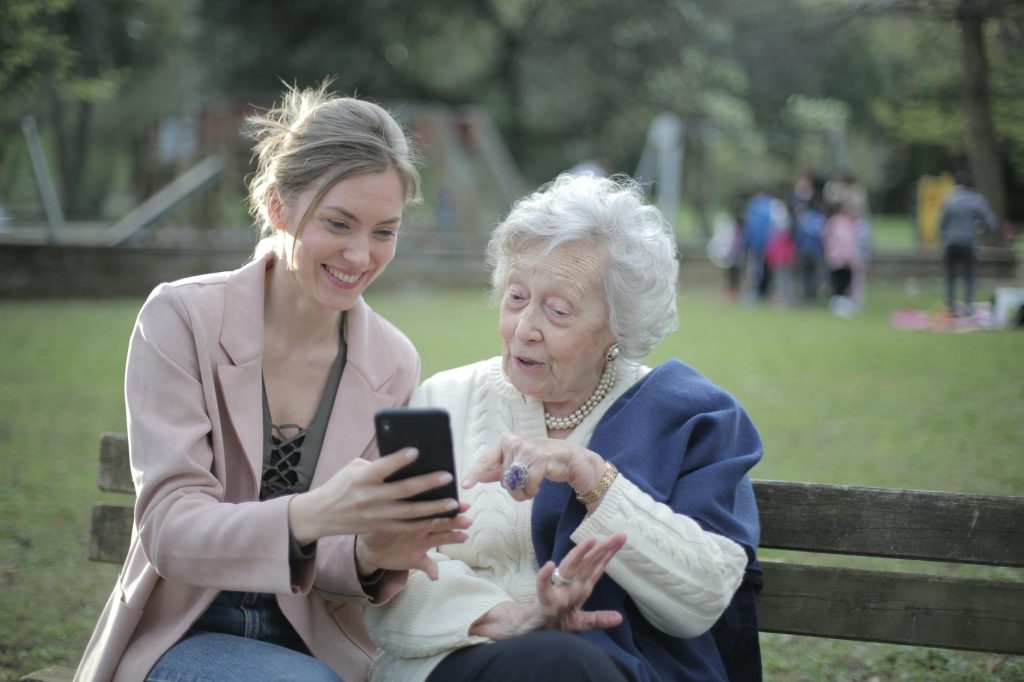What do Support Coordinators do?
Support Coordinators play a crucial role in formalizing support plans and assisting individuals in engaging with various supports. Their objective is to enhance capacity in diverse individuals, including students, the elderly, individuals with disabilities, or those with mental health concerns.
Responsibilities include:
- Collaborating closely with clients to identify their needs, tailor support, and ensure they receive suitable services.
- Encouraging independent decision-making, emphasizing choice and control.
- Coordinating and communicating with service providers, evaluating goals, and collaboratively setting new ones with clients.
Support Coordinators possess compassion and excel in interpersonal and communication skills. They must meet defined outcomes and deadlines, building rapport with a wide range of individuals. Employment opportunities for Support Coordinators exist in various settings such as community health, mental health, NDIS, and family services.
To become a Support Coordinator:
- While formal qualifications are not mandatory, employers may prefer candidates with a background in disability, community services, mental health, social work, or allied health.
- Consider completing a relevant vocational qualification such as a Certificate III in Individual Support (CHC33021), Certificate IV in Disability (CHC43121), or Diploma of mental health (CHC53315).
- Obtain necessary checks including a Working with Children Check, Police Check, and NDIS Worker Screening Check. A driver’s license and access to a vehicle may also be preferred by some employers.
- Enhance your career prospects by pursuing a degree such as a Bachelor of Social Work or Bachelor of Human Services.
- Gain valuable industry experience and bolster your resume by volunteering in roles such as Social Support or providing companionship to those in need.
Check out AA Academy’s course to build your professional knowledge and confident. Certificate III in Individual Support (CHC33021), Certificate IV in Disability (CHC43121), or Diploma of mental health (CHC53315).


